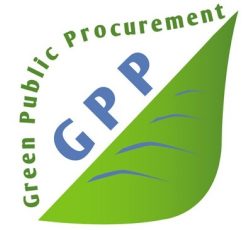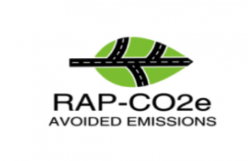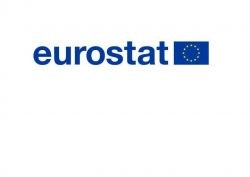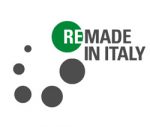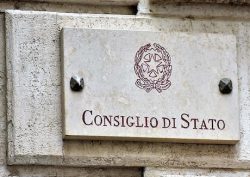The roads are mainly built by the public administration or its dealers: are the EU Green Public Procurement in road industry applied?
Following the main legislative framework:
- the procurement Directive 2014/24/EU on public procurement, which repeals Directive 2004/18/EC on public works, supply and service contracts;
- the utilities Directive 2014/25/EU on procurement by entities operating in the water, energy, transport and postal services sectors, which repeals the current directive applying to utilities, Directive 2004/17/EC;
- the award of concession contracts, Directive 2014/23/EU. The new EU public procurement directives including those on the award of concessions were published in the Official Journal of the EU on March 28, 2014 and entered into force on April 17, 2014.
General conditions, the GPP directive requires to all tenders and public authorities to:
- may not discriminate against a business because it is registered in another EU country;
- may not refer to specific brands, trademarks or patents when describing the characteristics of products & services they wish to purchase;
- may not refuse to accept supporting documents (certificates, diplomas, etc.) issued by another EU country, as long as they provide the same level of guarantee;
- must make all information regarding tenders available to all interested companies, regardless of what EU country they are registered in.
Consideration of the GPP for roads construction and maintenance:
- “Depletion of natural resources, embodied energy and emissions associated with the manufacturing and transportation of road construction materials; – Excavated materials and soil, including topsoil, generated during site preparation, earthworks and groundworks. Construction and demolition of the road”
- “Design, specification and site management to maximize the on-site re-use of excavated materials and soils (including topsoil), maximize the re-use/recycling of construction and demolition waste (C&DW) and of waste from other industrial processes and to use construction materials with a high recycled or re-used content including by-product”
These two statements are directly linked with the activities performed (or avoided) when the Reclaimed Asphalt is re-used. Based on this consideration is possible to fit the activities under the RAP-CO2 project that fit this necessities and criteria.
The award criteria available to procurers are, in decreasing level of ambition and technical complexity, as follows:
- Life Cycle Assessment (LCA): The carrying out of a Life Cycle Assessment. This requires bidders to evaluate the life cycle impacts of the main road elements.
- Carbon footprint (CF): The carrying out of a Carbon footprint. This requires bidders to evaluate the life cycle Global Warming Potential of the main road elements.
- Requiring recycled and re-used content: This requires bidders to provide materials with a minimum requirement as regards the amount of recycled and reused content for the main road elements.
- Requiring reduced emissions from transport for heavy materials: This rewards low CO2e emissions from the transportation of the aggregates used for the main road elements.
Have Directives 2014/24/EU, 2014/25/EU and 2014/23/EU been transposed, as at April 18, 2016, into Italian law? What regulations govern the public procurement system in Italy?
The European Directives have been transposed into Italian law by Legislative Decree no. 50/2016 (the “Public Contracts Code”) published in the Italian Official Journal of Italian Republic (“Gazzetta Ufficiale della Repubblica Italiana”) on April, 18, 2016. According to article 220 of the Public Contracts Code, it is immediately in force and as a general rule, regulates the public tender procedures called after its entering into force
Further information about the GPP criteria is available here.
Download (Buying-Green-Handbook-3rd-Edition.compressed.pdf, Unknown)


